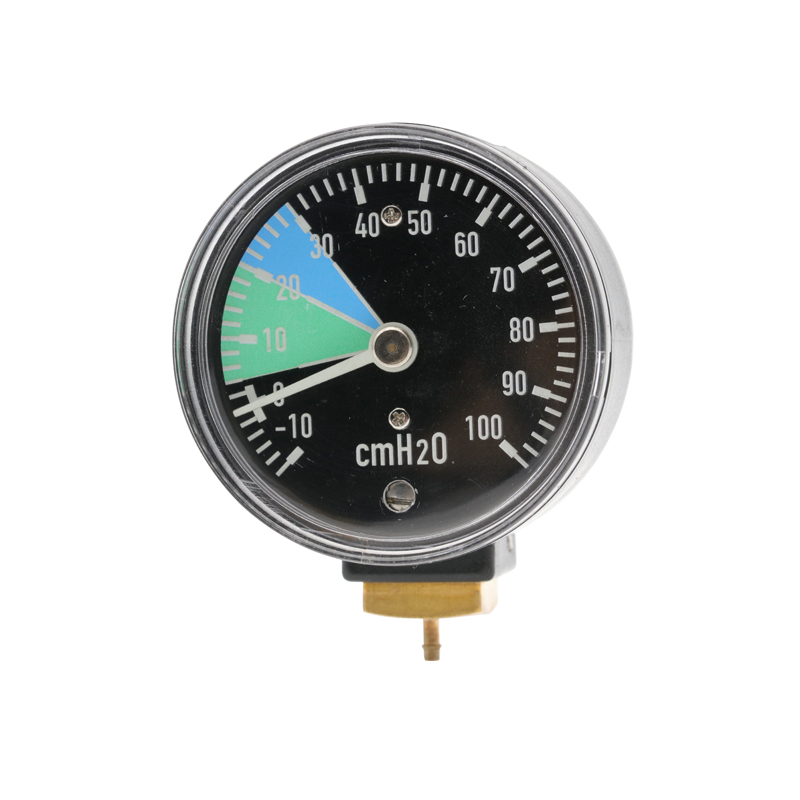
10 月 . 04, 2024 23:45 Back to list
custom fire sprinkler system pressure gauge
Understanding Custom Fire Sprinkler System Pressure Gauges
Fire safety is a critical concern for many businesses and residential properties. Among the key components of fire protection systems, fire sprinkler systems play a vital role in suppressing fires and ensuring the safety of occupants. A crucial element of these systems is the pressure gauge, particularly custom fire sprinkler system pressure gauges, which offer tailored solutions to meet specific requirements.
The Role of Pressure Gauges in Fire Sprinkler Systems
Pressure gauges are instrumental in monitoring the water pressure within a fire sprinkler system. Adequate water pressure is essential for ensuring that the sprinklers operate effectively in the event of a fire. These gauges provide real-time data that enables facility managers and safety personnel to assess the performance of the sprinkler system and identify any potential issues before they escalate into critical failures.
A properly functioning pressure gauge can indicate whether the system has sufficient pressure to deliver water to the sprinkler heads. If the pressure is too low, it might mean that the water supply is inadequate, or there may be blockages in the system. Conversely, if the pressure is too high, it could lead to potential leaks or damage to the sprinkler heads, affecting their performance.
Custom Pressure Gauges A Tailored Approach
One size does not fit all when it comes to fire safety. Factors such as building size, layout, and specific fire hazards necessitate customized solutions. Custom fire sprinkler system pressure gauges are designed to cater to unique requirements. These gauges can be engineered to operate effectively under various conditions, ensuring that accurate readings are provided regardless of the environment.
For instance, in high-rise buildings, the pressure requirements can differ significantly from those in single-story structures. Custom gauges can be calibrated to reflect these differences, allowing for precise monitoring and maintenance. Additionally, some businesses may require digital pressure gauges that can integrate with existing fire alarm systems, providing instantaneous alerts in case of pressure fluctuations. Such customizations help streamline monitoring processes and enhance safety measures.
Features of Custom Pressure Gauges
When considering custom fire sprinkler system pressure gauges, several features should be taken into account
custom fire sprinkler system pressure gauge

1. Accuracy and Reliability The primary function of a pressure gauge is to provide accurate readings. Custom gauges can be calibrated to ensure precision, thereby enhancing the reliability of the fire sprinkler system.
2. Durability Fire protection systems often operate in challenging environments. Custom gauges can be designed with materials that withstand corrosive elements, extreme temperatures, and physical impacts, ensuring longevity and reducing maintenance costs.
3. Ease of Integration Custom gauges can be manufactured to integrate seamlessly with existing fire alarm and monitoring systems. This feature is crucial for modern buildings that require sophisticated safety protocols.
4. User-Friendly Display Some custom pressure gauges feature digital displays, making it easier for operators to read and interpret pressure levels. This user-friendly interface can improve response times during emergencies.
5. Remote Monitoring Capabilities Advanced custom pressure gauges can include remote monitoring features, enabling facility managers to check pressure levels from a distance. This is particularly advantageous for large properties or those with multiple sprinkler zones.
Importance of Regular Maintenance
While custom pressure gauges provide essential functionality, their effectiveness relies on regular maintenance. Routine checks should be conducted to ensure that gauges are functioning correctly, and pressure levels are within the specified range. Any discrepancies should be addressed immediately to prevent system failure during a fire emergency.
Additionally, it is crucial to collaborate with qualified fire safety professionals who can assess the entire sprinkler system's performance, including the pressure gauge, ensuring compliance with local fire codes and standards.
Conclusion
In summary, custom fire sprinkler system pressure gauges are instrumental in maintaining the efficacy of fire suppression systems. By providing accurate readings and tailored solutions, these gauges enhance fire safety measures in various environments. Facilities that prioritize fire safety should consider investing in custom pressure gauges as part of their broader fire protection strategy, ensuring the safety of occupants and minimizing property damage in the event of a fire. Regular maintenance and assessments are also essential to maintain the integrity and reliability of these critical systems.
-
High-Precision 5 Valve Manifold Differential Pressure Gauge Suppliers
NewsApr.29,2025
-
High-Precision Diaphragm Vacuum Pressure Gauges Manufacturers & Quotes
NewsApr.29,2025
-
Omega Differential Pressure Gauges High Accuracy & Durability
NewsApr.28,2025
-
Low Pressure Differential Pressure Gauges Precision Solutions & Quotes
NewsApr.28,2025
-
Digital Diaphragm Pressure Gaauge Precision Measurement & OEM Quotes
NewsApr.28,2025
-
Differential Pressure Gauge China Price High-Accuracy & Best Quotes
NewsApr.28,2025
